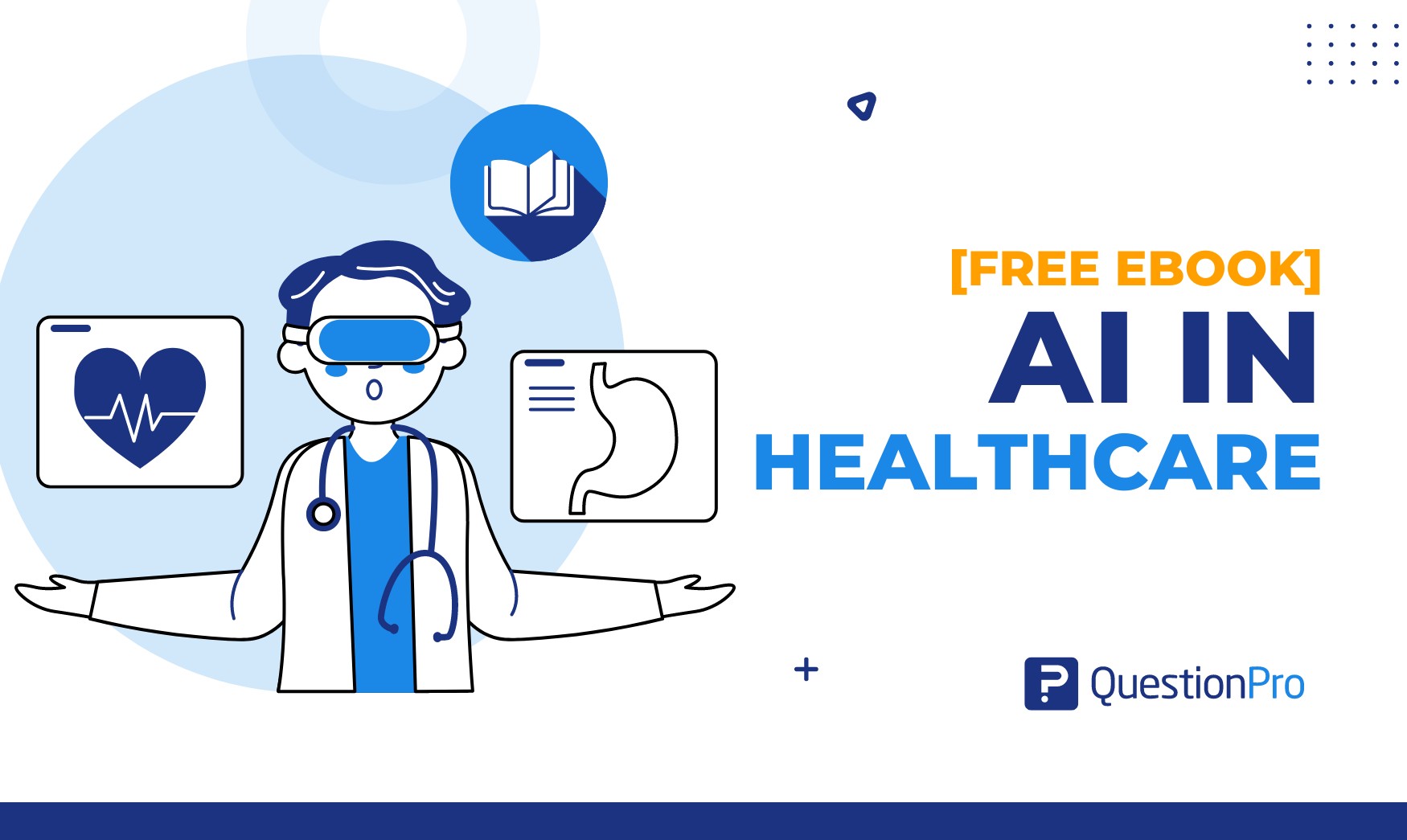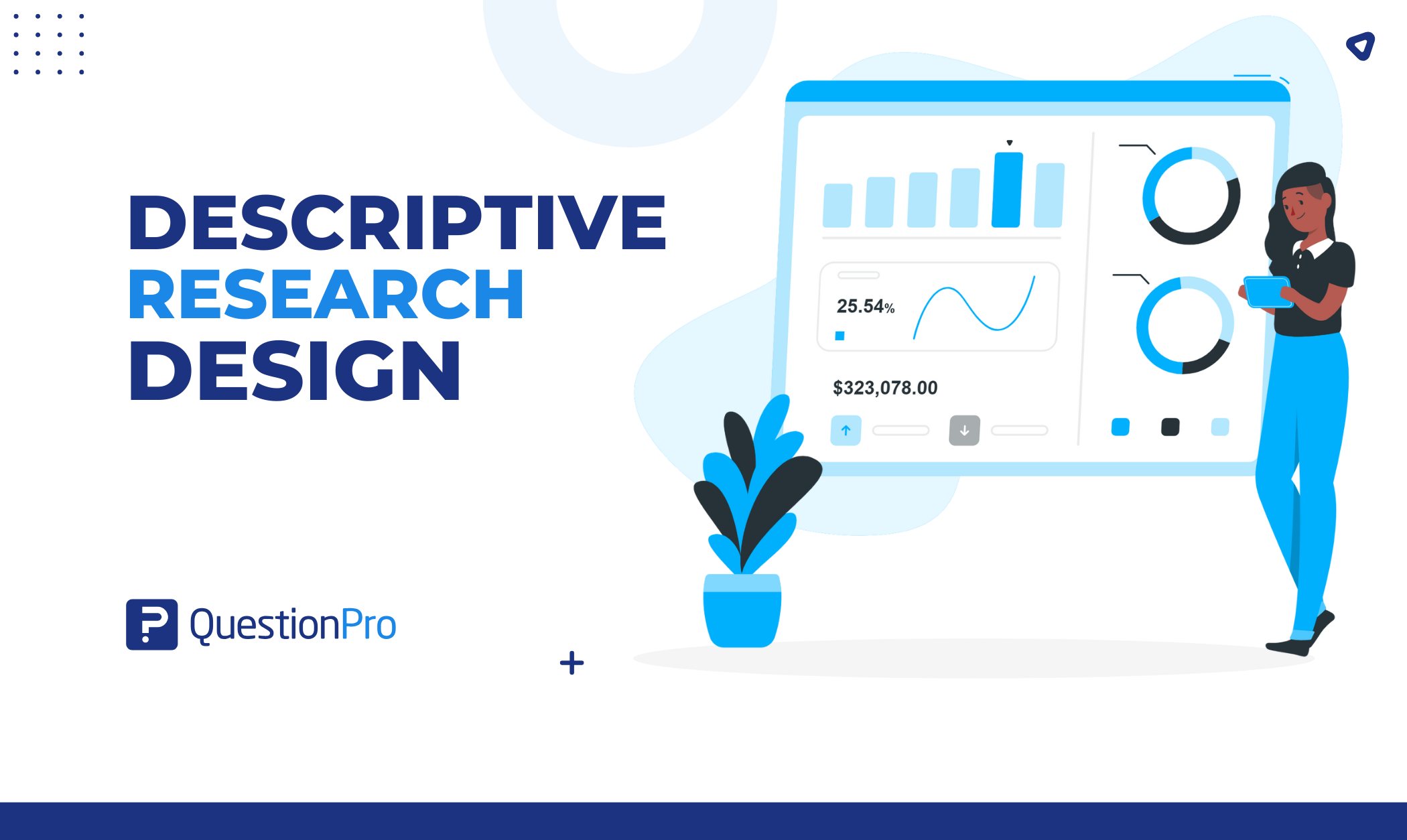
The excitement around generative artificial intelligence (Gen AI) is increasing, especially for its potential in healthcare. This sector, in particular, is constantly demanding digital transformation. Unlike conventional AI, Gen AI doesn’t just analyze or interpret existing data; it creates it. This innovative technology has already found its footing in numerous industries, from creative fields to technical industries, showcasing its versatility and potential.
As the healthcare industry eyes Gen AI for its pledge to revolutionize everything from patient communication to diagnostic processes, there’s a crucial need for a deeper understanding of how it integrates into healthcare settings. This technological advancement raises an important question: how do medical professionals, the very individuals at the forefront of patient care, perceive the integration of Generative AI in healthcare?
About the ClinicAI Companions Study
This study examines clinicians’ current perceptions of Generative AI (Gen AI) and identifies the critical areas where Gen AI is already making an impact. These areas of impact include wearable devices for patient monitoring, clinical documentation, chatbots for patient communication, and predictive analytics.
Clinicians recognize Gen AI’s potential to streamline medical processes, thereby reducing administrative burdens and enabling them to focus more on delivering superior patient care. However, the path to fully implementing Gen AI in healthcare is paved with significant challenges, summarized in three key areas of concern for clinicians:
- Trust and Liability Concerns: Clinicians navigate a delicate balance of interest and skepticism towards Gen AI. There’s a palpable division in their sentiment, with many clinicians undecided whether to trust or distrust these emerging technologies. Furthermore, the prospect of AI implementation in healthcare settings introduces concerns about increased liability risks, highlighting the need for clearer communication and understanding of Gen AI’s capabilities and limitations.
- Training and Preparedness: A significant number of clinicians express a feeling of unpreparedness for the adoption of Gen AI in clinical settings. This concern raises the need for targeted retraining and education to equip healthcare professionals with the skills to implement Gen AI effectively. Half of the clinicians surveyed acknowledge that if Gen AI implementations are to proceed, substantial retraining will be essential to maximize the benefits of these technologies.
- Governance and Inclusion in Decision-Making: Clinicians strongly advocate for more inclusive discussions and involvement in decision-making processes regarding Gen AI implementation within their hospitals and clinics. They seek comprehensive frameworks and safeguards that not only protect patients but also empower healthcare professionals in the integration of AI technologies. The study reveals a consensus among clinicians for establishing clear policies and governance structures to facilitate responsible and effective Gen AI deployment in healthcare.
Methodology of the Study
Developed by Day One Strategy and executed by QuestionPro Research Services, this comprehensive study offers a deep dive into clinicians’ perspectives on Generative AI within the healthcare sector.
The survey, a national study across the United States, was fielded online from January 2 to January 17, 2024, capturing insights from a diverse group of 501 clinicians. This included 201 Primary Care Physicians (PCPs), 100 Oncologists, 100 Cardiologists, and 100 Endocrinologists.
The results of this survey carry a modeled error estimate of plus or minus 4 percentage points, ensuring a 95% confidence level in the findings.
Free eBook: ClinicAI Companions Report
Discover the impact of Generative AI on healthcare through the lens of those who know it best: clinicians themselves. Gain access to expert analysis, clinicians’ insights, and actionable strategies for navigating the complexities of AI in healthcare. Discover how generative AI can transform patient care and streamline processes and what it means for the future of healthcare delivery.







